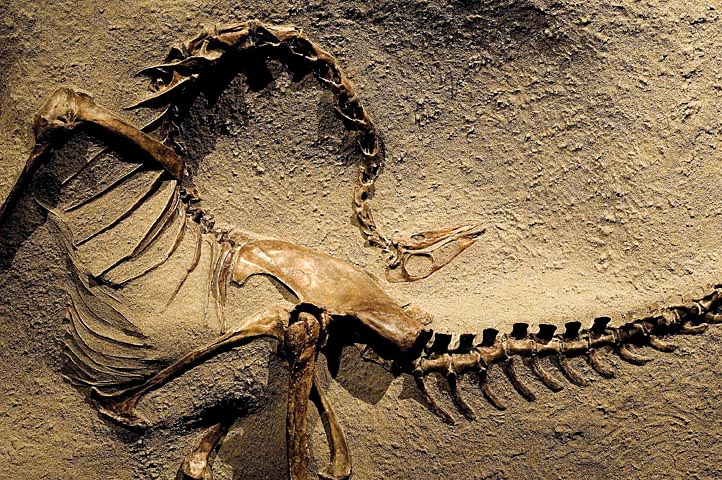Ancient DNA provides a unique means to watch evolution occurring in real time. By tracking genetic changes in ancient populations we can examine the effects of major climatic changes on animal and plant populations from around the world through the last 100,000 years, as well as human impacts and other evolutionary phenomena such as volcanic eruptions and meteorites.
At the Australian Centre for Ancient DNA (ACAD) we retrieve tiny traces of preserved DNA from old bones, teeth, dung, wood and even just sediments, and then use the information to study areas ranging from evolution to climate change, conservation biology, biosecurity, forensics and anthropology. For example, we have been examining samples from the hobbit (Homo floresiensis) cave in Flores, to investigate whether they were a dwarf population of Homo erectus that survived until just 11,000 years ago.
About the Speaker
 Professor Alan Cooper is a Federation Fellow within the School of Earth and Environmental Sciences, and an expert in the field of ancient DNA and molecular evolution. Originally from New Zealand, his research career has led him from UC Berkeley to Oxford University. His fieldwork involves digging up extinct species from caves or permafrost deposits, or in the backrooms of museums, from areas such as Hawaii, Madagascar, Patagonia, Siberia and the Yukon.
Professor Alan Cooper is a Federation Fellow within the School of Earth and Environmental Sciences, and an expert in the field of ancient DNA and molecular evolution. Originally from New Zealand, his research career has led him from UC Berkeley to Oxford University. His fieldwork involves digging up extinct species from caves or permafrost deposits, or in the backrooms of museums, from areas such as Hawaii, Madagascar, Patagonia, Siberia and the Yukon.



